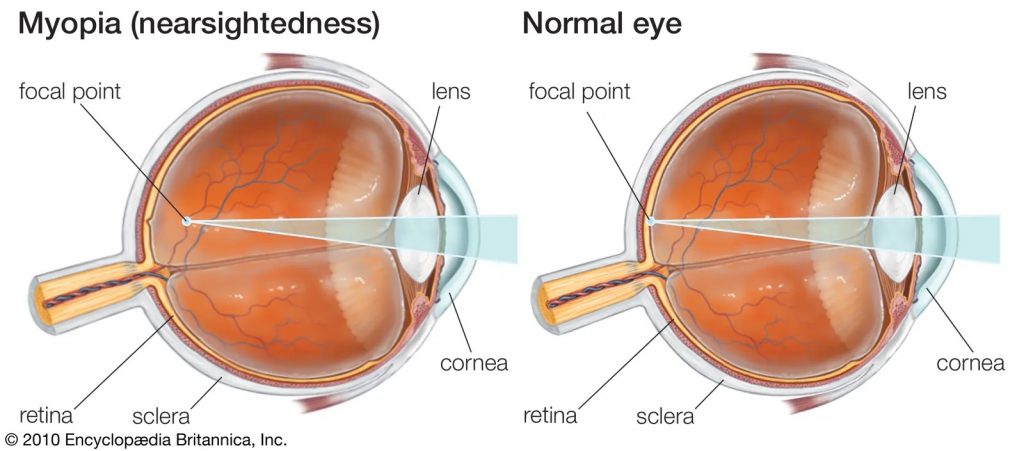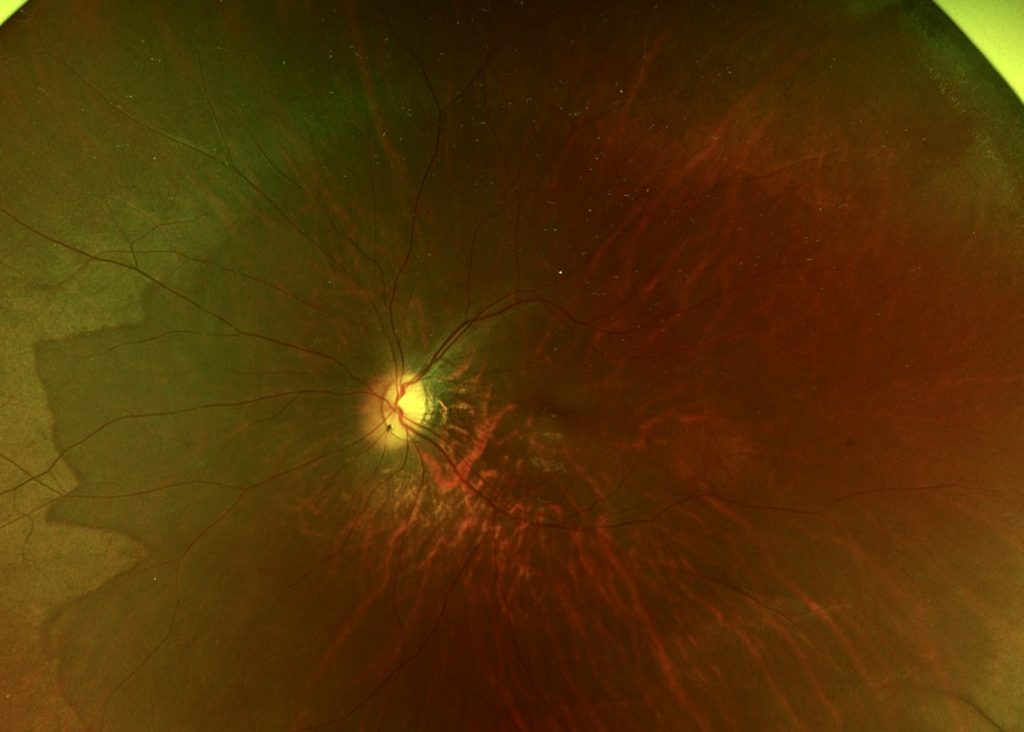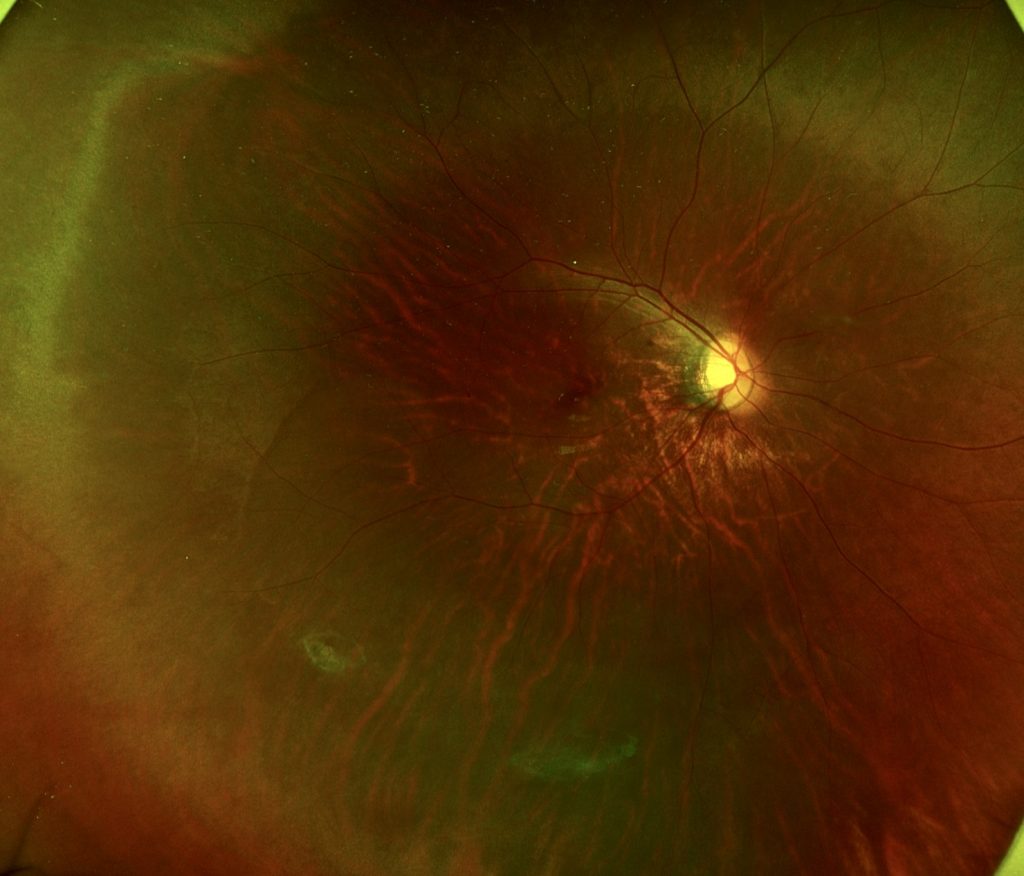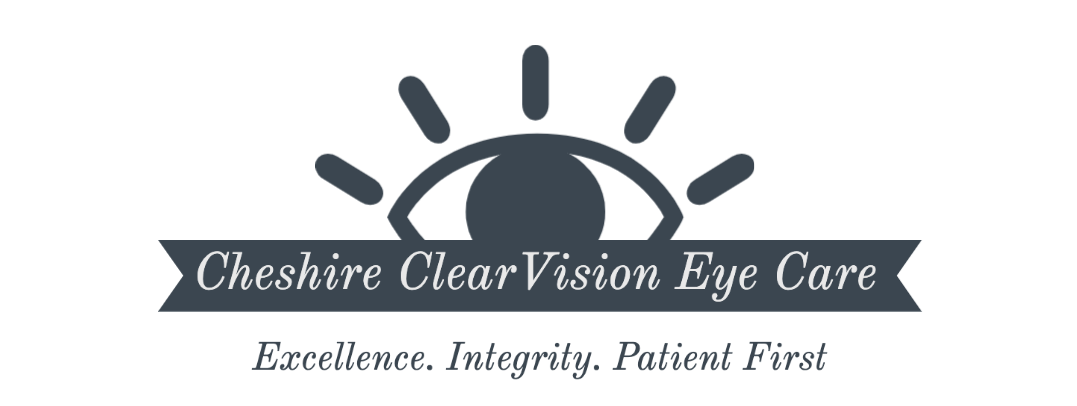What is Myopia?
Myopia is a medical term for short-sightedness or near-sightedness. A child with myopia will have difficulty seeing objects that are far from the eye and may see things closer slightly more clearly.

Who is at risk of developing myopia?
Myopia can affect children of any age but children above 5 years of age are at higher risk due to increase in near work like reading or watching handheld devices.
Does amount of myopia progress/ increase?
Yes. The amount of increase in myopia varies from child to child and myopia progression is rapid in children who develop myopia at a young age. Myopia progresses more quickly in younger children because their eyes are growing at a faster rate, leading to higher levels of myopia, thicker glasses, and more risk to the vision. If a person has a high level of myopia, they will be at a slightly greater risk of losing their sight later in life due to conditions such as retinal detachments, glaucoma, and myopic retinal degeneration.
How will I know if my child is affected with myopia?
As mentioned earlier, if your child has myopia, they will have problems seeing things in the distance clearly. This could include:
- Difficulty in seeing/ reading the board at school.
- Holding books, tablet, mobiles close to the face
- Sitting too close to watch anything on the television
- Squinting eyes to read or see objects that are far away from eye.


What are the risk factors for my child developing myopia?
Several research have shown the following as the risk factors:
- Having one or both parents with myopia
- Being of east-Asian ethnic origin
- Spending limited time outdoors
- Doing a near task such as reading a small font or for a long time or using digital handheld devices (ex: mobile phone/ tablet) for an extended duration
- Reading in dim illumination
- Wearing prescription spectacles of weaker power than required
How is myopia treated?
Myopia is usually easy to correct with glasses or contact lenses (or both). There are some treatments that may slow down myopia during childhood. This is called myopia management.
Why is myopia management important?
If a person has a high level of myopia, they will be at a slightly greater risk of losing their sight later in life due to conditions such as retinal detachments, glaucoma, and myopic retinal degeneration. Moreover, Myopia is a serious public health concern of the 21st century and is projected to affect approximately half of the global population (5 billion) by 2050. Additionally, there will be 1 billion at the risk of developing myopia related complications that has potential to lead to visual loss.
How can I prevent my child developing myopia?
- Regular (annual) eye examination for your child
- Avoid prolonged near work.
- Encourage your child to spend more time outdoors when possible.
- Use good lighting for reading.
- Ask your child to take break at regular intervals while performing a near task.
My child has myopia. Can I reduce how myopic my child will become?
There are various current evidence-based treatments available that have shown efficacy in slowing down the progression of myopia (myopia management). The commonly used modalities include specially designed contact lenses or glasses, and atropine eye drops. When successful, this would help your child grow up with a lower level of myopia than they would have had without the treatment.
Do you offer myopia management?
At the myopia clinic at Cheshire clear vision eye care, we use evidence based environmental, optical, and pharmacological myopia control strategies to slow down the progression of myopia in your child. The treatment strategies are tailored to suit each child to increase the chances of the treatment working.
How will we know if the treatment is working?
At Cheshire Clear Vision Eye Care, we have the cutting-edge equipment to measure the axial length of your child’s eyes which can more accurately gauge the effectiveness of our myopia management treatments. We also use a calculator to help us predict an expected level of myopia and so assess the reduction in the progression of myopia.
What are the advantages of myopia management?
Being less myopic may mean your child is slightly less likely to be affected by conditions such as retinal detachment and myopic retinal degeneration. Also, they may not depend on
their glasses as much as they would otherwise have had to, and the prescription for their glasses will be lower, so their glasses will be thinner and lighter. For more information, book an appointment for your child at our myopia clinic.
